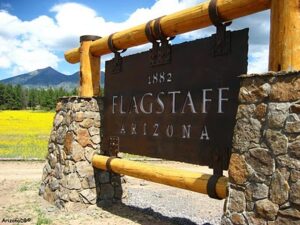Cities

National Organizations

Schools
 National Autonomous University of Mexico, the neatest looking school in the Western Hemisphere
National Autonomous University of Mexico, the neatest looking school in the Western Hemisphere
Sports Teams













